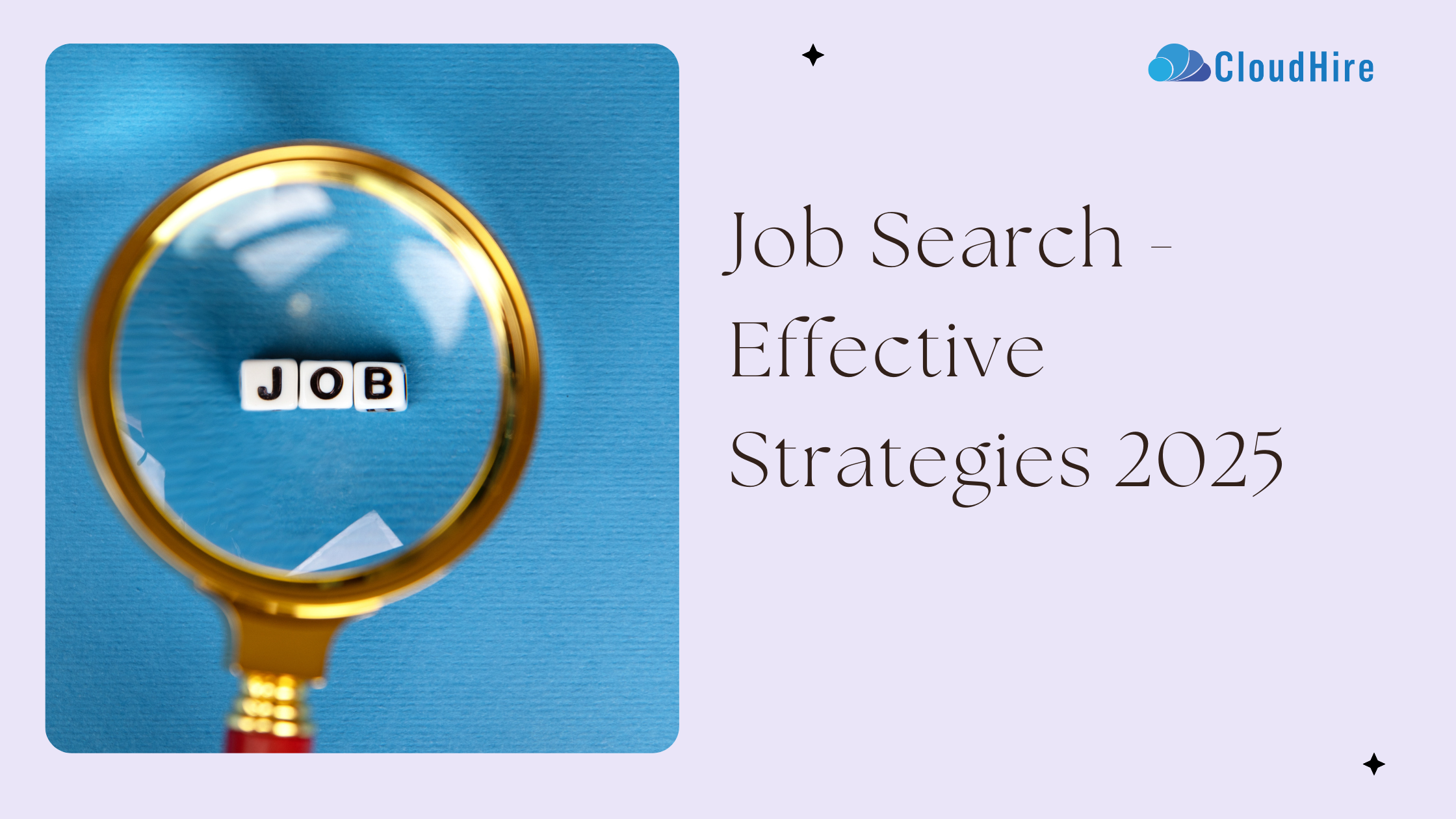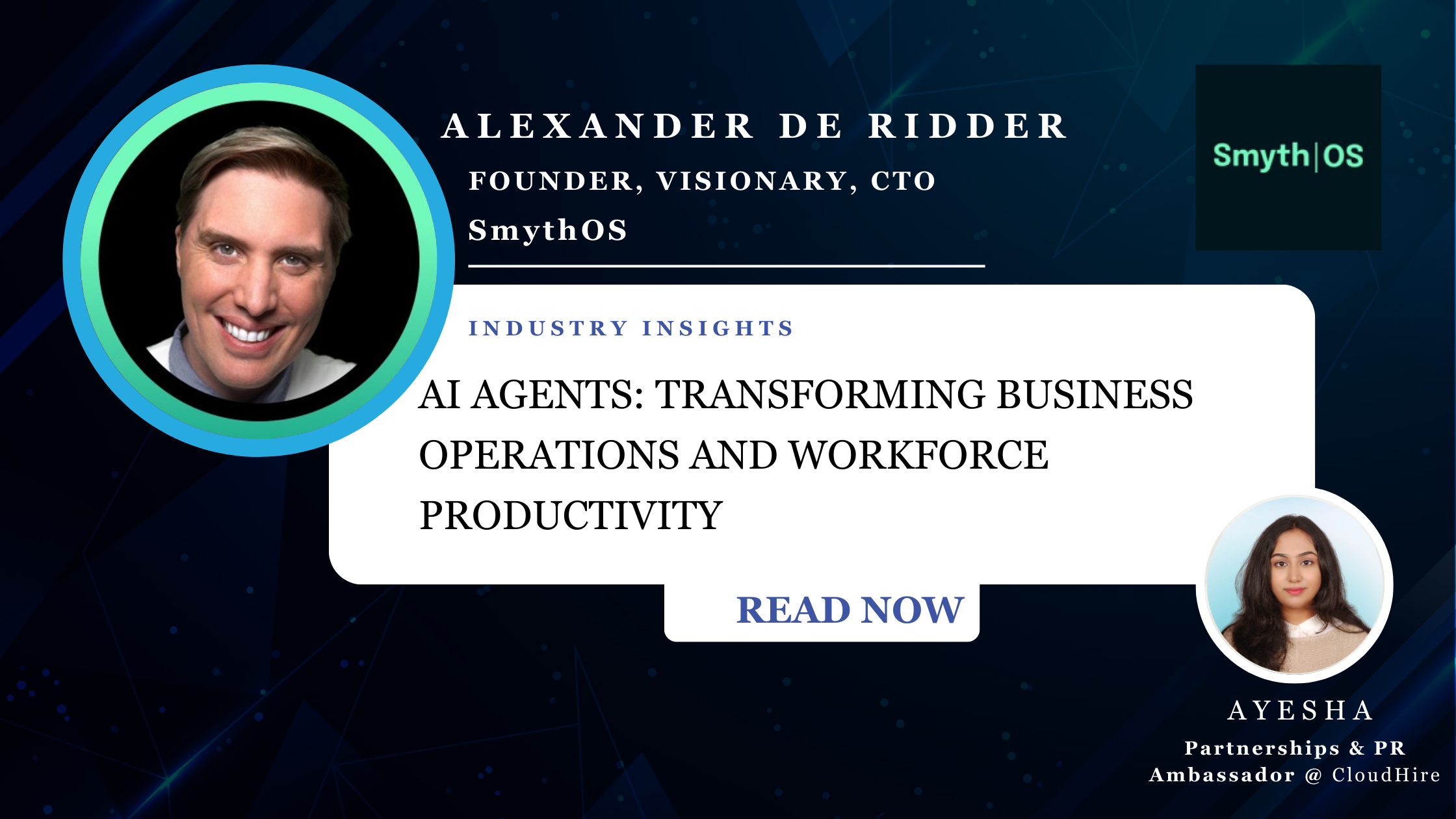Once upon a time, a single paper could unlock career doors.
Resumes are ubiquitous tools of trade, yet too often they harbor fiction behind the façade of professional formatting.
In the pursuit of standing out, applicants increasingly populate resume templates with ‘alternative facts’—credentials embellished far beyond the truth, leading hiring professionals down rabbit holes bereft of authenticity.
Trust in resumes wanes precipitously.
It’s so frustrating to keep applying for jobs, only to never hear back or get an automated decline because some algorithm dismissed us for a job we are qualified for. To help recruiters find your resume, or reach out to you, it’s essential to provide them with all the details they’ll need to make the decision easy.
The Aesthetics vs. Authenticity Dilemma
In an era where personal branding is pivotal, resume templates offer a uniform structure that appeals to the eye. Yet, this aesthetic allure often comes at the cost of veracity. Candidates may be tempted to substitute embellishment for authentic accomplishments, obscuring the true measure of their capabilities with well-designed sections that promise more than they hold.
As visually appealing as a resume may appear with its template, for a Recruiter, it’s the substance within, that holds weight. For instance, these are the 12 Things Recruiters Look At First When Going Through Job Applications. This definitely doesn’t mean that a visually structured resume plays no role. It does. Especially to catch the eye of a Recruiter. But to hold it hostage, you need more than good color combinations and line spacings. When the revelations of embellishments unfold – as they invariably do – the duality between form and fact becomes a chasm undermining trust. It is a professional misstep to assume that a sophisticated template can mask deficiencies in skills or experience; reality has a way of surfacing, especially under the scrutiny of a meticulous employer.
The Temptation of Overpolishing
With many job boards like the one at CloudHire being accessible to all users, the influx of resumes is bottomless. On the flip side, every fruit is different. And this principle isn’t an exception to recruiters. So, there’s no way to find out what would appeal to the particular recruiter that the resume is being submitted to. And that fuels an applicant’s temptation to use resume templates to polish it in a way that THEY think will appeal to the majority. What we know for sure though, is the downfall of structures built on poor foundations. Employing ornate resume templates may inadvertently prompt applicants to inflate their qualifications, overshadowing the essence with elegance. A resume should reflect true capabilities, not an idealized version of a candidate.
In the pursuit of aesthetic perfection, substance is often sacrificed. A polished resume can initially impress, but discrepancies between a candidate’s claims and actual qualifications have far-reaching consequences.
Over 75% of HR professionals have caught a resume lie.*
Credibility once lost is seldom fully regained. A Recruiter values honesty and the unvarnished truth of an applicant’s experience and skills. Transparent and accurate representation aligns expectations and builds foundational trust.
The Pitfalls of Style Over Substance
Beneath the sheen of a well-designed resume template, lies a potential minefield of embellishments and half-truths that damage credibility. Numerous templates offer eloquent phrases and statements that often do not accurately reflect one’s experiences. It is disheartening that, despite their aesthetic appeal, these phrases have been regurgitated to the extent that they have lost their authenticity. An aesthetic layout cannot compensate for misleading content, creating a barrier between the applicant and the job they seek.
Savvy hiring professionals can easily discern truth from fiction. A desirable template loses its luster when dishonesty is detected.
Moreover, templates often lead candidates to prioritize form over function, inadvertently stripping their resumes of genuine substance. Skills and experiences are distilled to fit a predetermined format, sometimes at the expense of authenticity.
Imposing a polished facade on professional chronicles may entice applicants to veer towards hyperbole, setting a trap for themselves when subjected to careful vetting or probing interviews. Employers are inclined to pursue candidates whose resumes reflect the unembellished reality of their professional journey.
Therefore, when applicants choose to employ resume templates, it is imperative to prioritize content over presentation. A well-crafted resume balances clarity and design, ensuring an accurate depiction of qualifications without resorting to distortion.
Ultimately, the true test of a resume’s effectiveness lies not in its design, but in the integrity and pertinence of the information it conveys. Strategic authenticity in resumes remains the cornerstone of a successful job search, establishing a sincere dialogue with potential employers.
Resume Templates: A Double-Edged Sword

Resume templates often mask the veracity of an applicant’s credentials, undermining the core purpose of a resume. Lured by polished layouts, individuals might compromise the truthfulness of their presented skills and experiences.
However, these embellishments are not foolproof; seasoned hiring professionals have an adept eye that can discern fact from fiction in a candidate’s resume. Factors such as inconsistent employment dates, vague descriptions, or skill incongruities often raise red flags, prompting closer scrutiny.
Thus, applicants should leverage templates judiciously, ensuring their resume is a mirror to genuine capabilities and accomplishments. It’s not solely about looking good on paper; it’s about being good in practice.
Conformity Hindering Uniqueness
Standardized resume templates risk submerging individuality beneath a sea of uniformity, leading to an undifferentiated candidate pool.
- Overemphasis on Form stifles personal branding.
- Loss of Individual Flair as candidates fit into predetermined molds.
- Dilution of Authenticity through template-driven content.
- Reduced Distinctiveness amidst similar-looking resumes.
- Neglect of Unique Experiences that don’t fit the standard sections.
Relying on templates can impede an applicant’s ability to convey their unique value proposition effectively.
To combat anonymity, customization is key; applicants should tailor their resumes, weaving in their stories and successes that reflect their true professional selves.
Potential for Misrepresentation
Templates enable ease, not always honesty.
While aesthetically pleasing, templates often become vessels for embellishments or outright falsehoods. The temptation to fill in the blanks with inflated qualifications can prevail over candor. Consequently, such resumes may reflect a persona far from the true caliber of the applicant, undermining the trust between the candidate and the employer.
With what can be called a mishap that has come out of our advancing tech, always remember, that resumes are not everything. They do not give the employer all that they need to know before hiring a candidate. There’s always that first call that has to happen so the recruiter knows you to the level that they want. Well, the best case scenario is, that no calls are required and that the recruiter has sufficient information before contacting the candidate. But we’re yet to reach that level. CloudHire is working on removing steps after applying for jobs. How this piece of information helps us right now is by shedding light on the fact that putting misleading, false information or half-truths in the resume-that templates usually are designed for, only kills your chances more and will not only not fetch you the job but also create bad relations with recruiters, which as a job-seeker is the last thing on your wishlist.
Misrepresentations tarnish integrity before the first handshake.
The urge to impress can lead to exaggerations – claims of expertise where only familiarity exists or of leadership where participation is the extent. Such discrepancies become evident quickly once the applicant’s real competencies are tested.
Employer confidence is easily shaken by dishonesty.
It’s vital for applicants to substantiate every statement with truth. With the rise of comprehensive vetting procedures, including sophisticated hiring tools and the knowledge base of the global professional community, attempting deception is not only unethical but also impractical in the current recruitment paradigm. Employers now possess more resources than ever to validate an applicant’s assertions, diminishing the chances of untruths going undetected.
The Employer’s Perspective on Templated Resumes

From an employer’s vantage point, standardized resume templates can be perceived as generic one-size-fits-all solutions, which might obscure the individuality of a candidate. Pre-packaged formats encourage uniformity, and while aesthetically pleasing, they may not highlight the unique skill sets and experiences that differentiate one candidate from another. Crucially, they run the risk of emphasizing form over substance.
Moreover, templated resumes can act as a double-edged sword in the hiring process. If they’re populated with inauthentic information, they render the evaluation of a candidate’s qualifications difficult. To discern a true professional asset from a mere pretender, employers must look beyond the standardized resume structure and seek proof of claims made within. This often requires a deeper investigative process, utilizing more time and resources, which can be an onerous demand in a fast-paced hiring environment.
The Search for Genuineness
In the recruitment landscape, the luster of a polished template dims in the face of falsehoods and inflated qualifications.
- The proliferation of falsehoods on resumes is a troubling trend, threatening the integrity of the hiring process.
- Inflated qualifications create a mismatch between applicant capabilities and job requirements.
- Dishonesty regarding education, skills, or experience erodes trust and undermines the employer-applicant relationship.
- Brevity and precision are often sacrificed in favor of extravagant descriptors that may not accurately reflect an applicant’s true abilities.
- The use of overly stylized templates can distract from substantive content and may suggest an attempt to compensate for deficiencies.
Recruiters seek substance over style, prioritizing content that can withstand the scrutiny of verification. And you don’t want to disrespect a Recruiter’s skill, experience, and knowledge by giving them false information.
Authenticity in an application sets the stage for genuine dialogue, fostering a fertile ground for mutual trust and respect.
The Efficiency Challenge in Candidate Screening
Resume embellishments present a significant screening hurdle, demanding critical analysis from hiring professionals.
The influx of deceptively enhanced resumes imposes a cumbersome vetting process on employers, requiring meticulous examination to discern authentic qualifications amidst the veneer of polished exaggeration. This intricacy extends the recruitment timeline, complicating the assessment of the candidate’s genuine expertise. Sophisticated screening tools and strategies become pivotal to mitigate the spread of such misinformation within applicant pools.
Furthermore, reliance on resume templates may inadvertently standardize deception, as applicants who fill in the blanks with mistruths erode the template’s efficacy. As a result, resumes become less of a reliable indicator of actual skill sets and more of a showcase for crafting an idealized professional persona that may not exist.
To circumvent these pitfalls, applicants should adopt a principled approach to resume creation, emphasizing veracity and relevance. By anchoring their narratives in factual and quantifiable achievements, they render themselves more credible and their resumes more actionable. This practice not only honors the integrity of the hiring process but also demonstrates a commitment to professional ethics.
Crafting an Honest Resume that Stands Out

Resumes should be reflective windows, not distortive lenses. Instead of succumbing to the temptation of embellishing qualifications, candidates must understand that honesty underpins a strong professional foundation. An accurate and unexaggerated depiction of skills and experiences assures that the representation on paper aligns with the person who walks through the door. It builds the cornerstone of trust, which is fundamental in any employment relationship.
Transparency in a resume invites a deeper dialogue between the applicant and potential employer. By presenting a “truthful canvas,” there’s room to paint a vivid portrait of one’s genuine expertise and potential growth. In this light, applicants should focus on concrete, verifiable achievements and skills that resonate with the employers’ needs. A resume founded on fact not only garners respect but paves the way for authentic engagements that can spark a mutually beneficial collaboration.
Aligning Skills with Reality
Resume accuracy is essential, not optional.
A resume functions as a professional’s narrative arc. It is a distillation of one’s career journey, meant to illuminate rather than obfuscate. Emphasizing factual content over fiction allows for a genuine presentation of abilities. Consequently, the integrity of the individual is preserved, fortifying the trust essential in prospective employment relationships.
Truth in resumes cannot be overstated.
Presenting embellished skills sets a perilous precedent. It undermines the foundation of trust before the employment relationship even begins, and can foreclose opportunities for those who invest in developing genuine competencies.
Crafting resumes in 2023 means balancing finesse with factuality. Applicants must judiciously showcase their true capabilities, marrying professional polish with unvarnished truth. This ensures that their on-paper impressions accurately reflect the depth of talent they bring to the table.
Tailoring Experience to Job Requirements
Resumes must resonate with truth and relevance.
Job applicants frequently misconstrue the intent of customizing resumes. They mistakenly equate tailoring their experiences to match job descriptions with fabricating qualifications, a strategy that undermines their credibility. However, customization should highlight genuine experiences aligning with the role’s responsibilities.
Adjusting content is strategic, not deceitful.
An exemplary recruiter does not expect you to be absolved of any kind of imperfection. They identify that irrespective of an employee’s experience, he/she will take some time to get accustomed to the work environment and things of that nature. CloudHire takes steps to train the candidates before onboarding.
Candidates should focus on relevance over-exaggeration; legitimate experiences that parallel job requirements speak volumes. It is critical that applicants present their bona fide skills and experiences in a manner that clearly aligns with the role they are seeking while avoiding the temptation to inflate their capabilities.
Authenticity ensures long-term career success.
Mismatched experiences lead to underperformance – if you don’t possess the required skills, the truth will emerge. Therefore, aligning your resume truthfully with the job description is not only ethical; it ensures a fit that benefits both employee and employer in the long term.
Articulate the connection without compromising integrity.
In the endeavor to align experiences with job requirements, applicants should thoroughly understand the sought-after competencies within the role and reflect on how their true experiences and skills correspond. This leads to a resume that confidently conveys competence without resorting to falsehoods.
An honest resume facilitates a sustainable professional journey.
Applicant veracity is a non-negotiable benchmark for recruitment professionals navigating the complexities of global hiring in 2023. When candidates present their experiences honestly, they lay the groundwork for genuine and productive relationships with employers, ensuring that the talents promised on paper are indeed delivered in practice.








